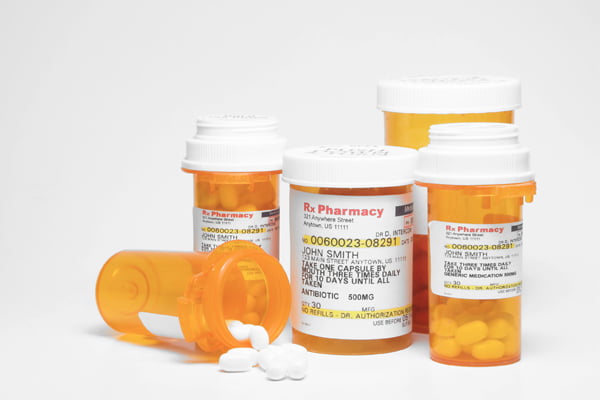The Biden administration’s recent move to allow Florida to import prescription drugs from Canada at reduced prices has sparked interest among other states, including Colorado, which are now exploring similar initiatives.
On January 5, the Food and Drug Administration (FDA) granted Florida permission to move ahead with its plan, marking a historic milestone as the first state to gain federal authorization for bulk importation of prescription drugs from a foreign country.
Colorado sees Florida’s approval as a promising step toward accessing more affordable Canadian drug prices. The latest updates from the Department of Health Care Policy and Financing (HCPF) project that Colorado’s importation program may become operational by late 2024 at the earliest, pending federal approval of the state’s revised application.
The HCPF worked alongside a team of actuaries to perform an in-depth analysis of thousands of drugs eligible for importation, identifying those that could offer cost savings within the Program. Their review highlighted 24 brand and specialty drugs for conditions such as blood clots, cystic fibrosis, respiratory illnesses (COPD), cancer, type 2 diabetes, HIV, psoriatic arthritis, and rheumatoid arthritis.
In response to FDA feedback, the program now features a more concise list of drugs for importation compared to earlier applications. However, the inclusion of these drugs hinges on successful negotiations with manufacturers to secure supply agreements.
Progress continues in Texas, energized by Florida’s successful approval, which the state’s health agency believes will support the establishment of Texas’s own wholesale prescription drug importation program.
Vermont, a pioneer in this effort with legislation passed in 2018, remains in discussions with the FDA. However, the FDA deemed Vermont’s application incomplete during the Trump administration due to regulations set in 2020. Given its smaller size and purchasing power, Vermont might consider collaborating with another state to advance its importation program.
Conversely, the FDA rejected New Hampshire’s application in 2022 because the state failed to secure a Canadian wholesaler to provide affordable medications.
As political pressure mounts on state governors to pursue drug importation initiatives, more states are expected to explore Canadian import programs. However, gaining FDA approval is just the beginning of the regulatory journey. Additional drug-specific data must be submitted for further FDA review and approval.
